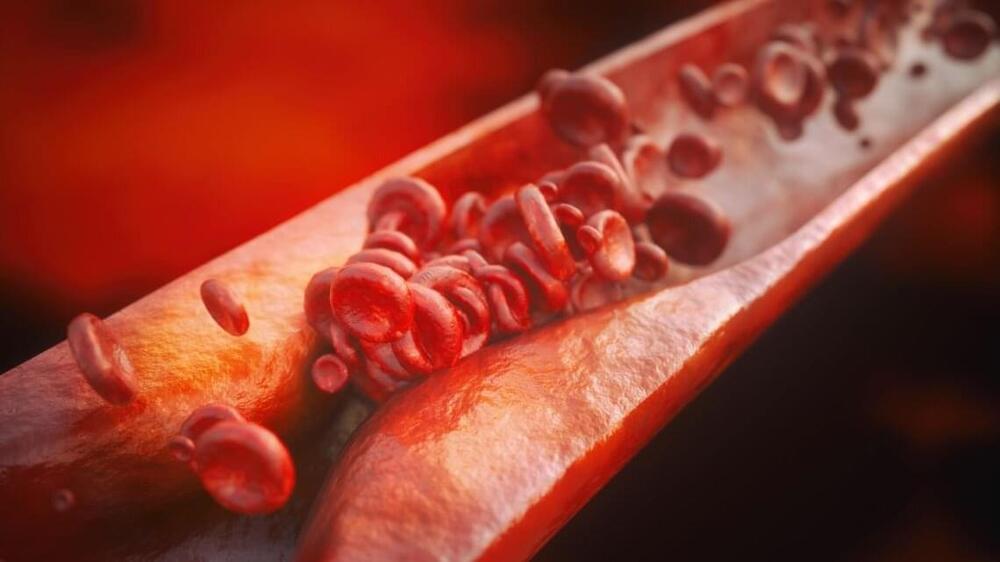A new type of macrophage recently identified in atherosclerotic lesions could provide a missing link in understanding the inflammatory origins of the common yet fatal condition.
Atherosclerosis is a common condition in which an accumulation of fat, named plaque, builds up on the innermost walls of arteries, causing them to become narrow and restrict the blood flow to vital organs such as the heart and the brain. It can be life-threatening if untreated—narrow arteries increase the risk of a blockage and lead to a heart attack or stroke.
Macrophages are immune cells that play essential roles in organ homeostasis as well as infection and injury. Key to their success is the ability to alter their transcriptional patterns of gene expression to perform highly-specialized roles in specific organs and tissues. However, their prominent role means that when things go wrong, macrophages can be impactful drivers of disease.
